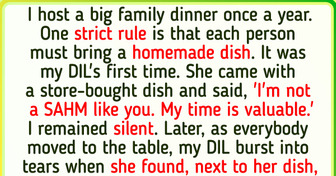A (former) friend of mine added something to #8. He said this to me a lot, along the lines of "Having a job is supposed to suck, deal with it, and any desire for happiness or relaxation is wrong."
9 Red Flags That Our Society Encourages
We’re in a time period where tons of things are glamorized, especially on social media. Certain people and situations in life can make us feel bad about ourselves or cause us to engage in destructive behavior, even if these things are not bad themselves, per se. Identifying the toxic influences in our lives and taking steps to create boundaries or a life without them can improve one’s mental and physical health over time.
Bright Side wants to shed some light on the truth behind those things and maybe prompt an interesting conversation.
1. Being “brutally honest”
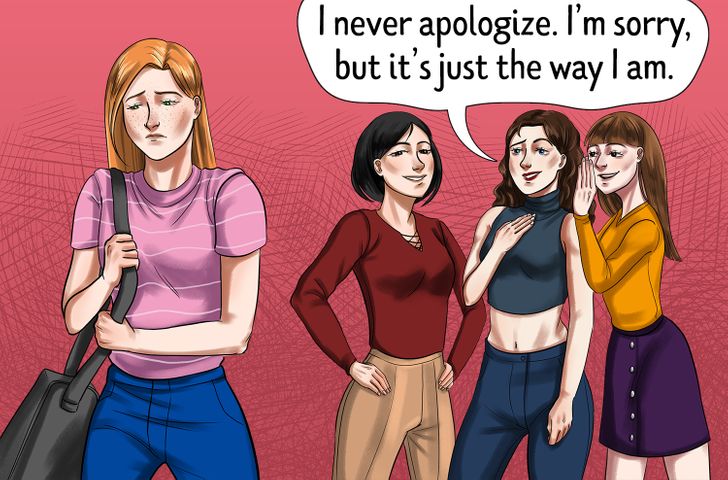
- What they say: “I’m brutally honest.”
- What it means: “I have no social skills, and I don’t care if my words hurt other people.”
People often try to pass off being rude and insensitive to others as being “blunt.” You can be honest and still have tact, but these people never seem to know that. Tact, discretion, and critical thinking skills are traits you should strive for. Also the idea of “calling it like I see it” is often a thinly veiled cover for “I enjoy saying mean-spirited, hateful things because I desperately need attention.”
2. The idealization of one’s young years
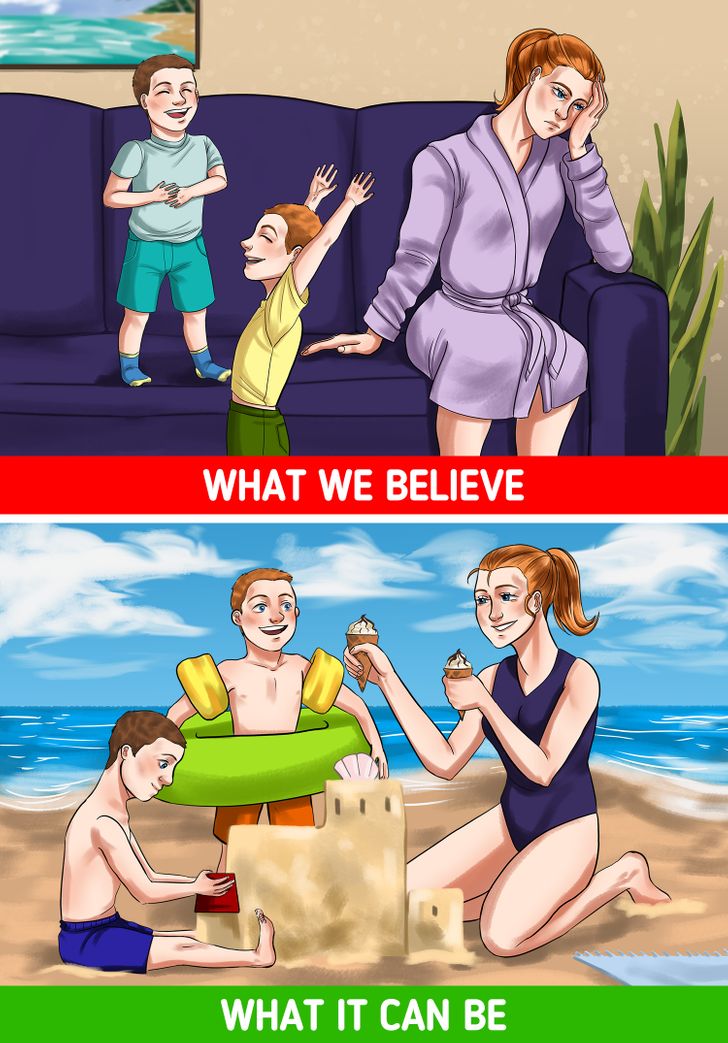
While the earlier years of our lives are probably the most important — like when we grow up, learn about a lot of new things, and search for who we are as people — society pushes the idea that your life will never be more interesting and full than it was during those years. It says, “Nothing happens after you get past your twenties, you only getting older.” Some people even admit that they felt their oldest in their early twenties.
But life obviously goes on after one’s thirties and forties, and shockingly, even further. A study showed that people find their later years better in terms of happiness and psychological well-being. And people at 65 to 74 reported having more fun than any other age group.
3. Being a “ride or die” friend
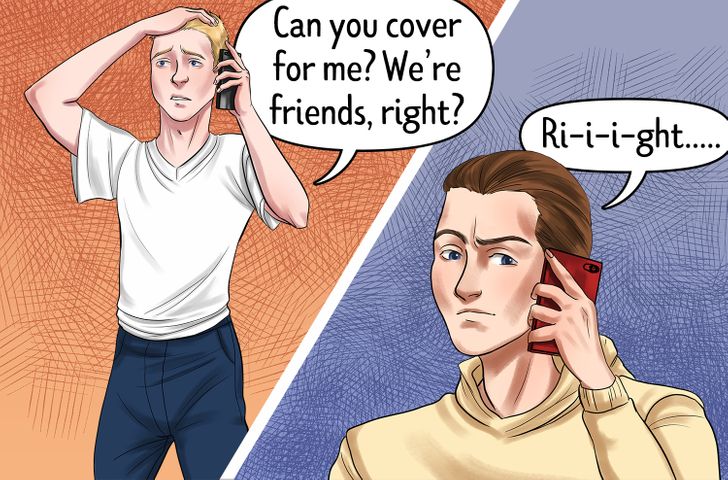
Of course, everyone wants to have that friend who will walk the 9 circles of hell for you. Good friends always cover up for each other, right? Yet, vouching for friends no matter what, even when they’ve done something bad, encourages such behavior. For example, if your friend cheats on their partner and you lie for them, you’re enabling their cheating. And it’s surely not the right thing to do.
4. An obsession with relationships
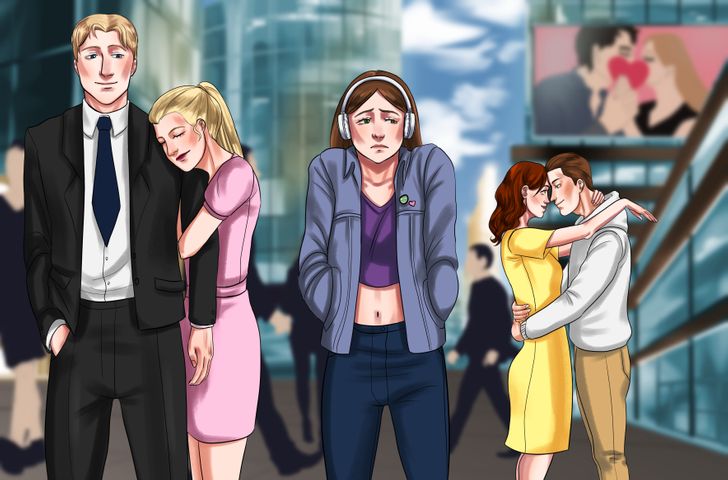
Society and social media encourage being in a relationship and not being alone. We love romantic movies, going on dates, and hearing cute little stories about people who fall in love. And we don’t like being single and feel lonely about it. This obsession promotes the idea that being single is a flaw or failure on your part, while it’s not. After all, the only person you’re stuck with till the end of your days is yourself.
5. Living an influencer lifestyle

Celebrities and bloggers often present their lives in the most perfect way, like with Instagram pics of the perfect breakfast, the perfect morning routine with kids, and a little lunch packed into a bento box with a heart-shaped apple. They often have the perfect hair and makeup, and wherever they go, their outfits are perfect. They have an interesting life, full of travel and great photo ops.
It’s a lie, and we all know that. Instagram shows us only the prettiest and staged moments. But nonetheless, we subconsciously want to have what they have and try to fit our own lifestyle into the same framework. However, we fail because, let’s be honest, we’re not celebs and don’t have the resources they have, and it all ends in frustration and sadness.
6. Pushing a positive mindset no matter what
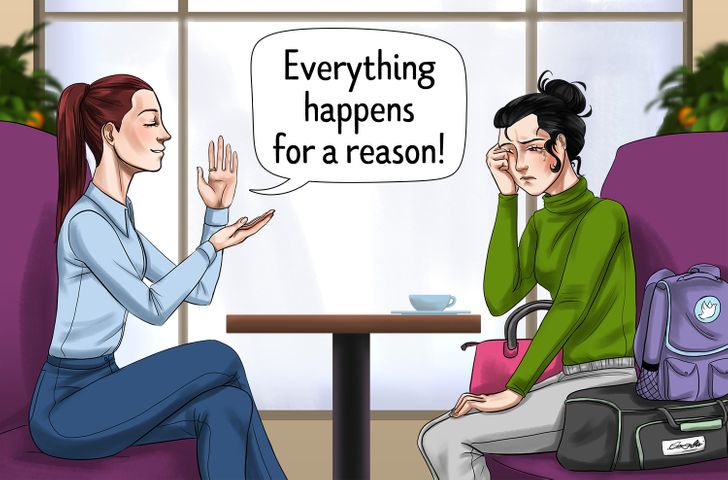
While positive thinking is good for your well-being, unfortunately, life is not “good vibes only,” and there is no use pretending it is. Comments like, “happiness is a choice,” are usually well-meaning and sympathetic, but instead, they just guilt-trip someone for not “choosing” to be happy, no matter how dire the circumstances are.
Toxic positivity rejects authentic human emotions in favor of a cheerful facade. But those emotions, while unpleasant, are important to us. They encourage our growth as people and teach us how to deal with difficult experiences. You cannot sugarcoat or brush off any problem.
7. Being stubborn
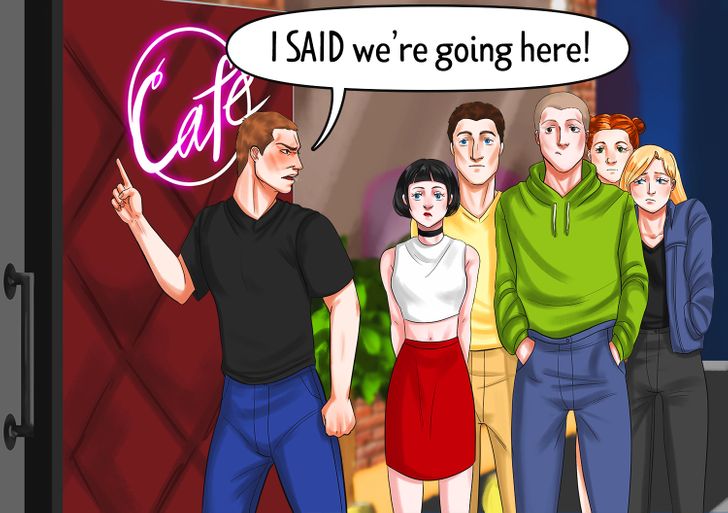
Stubborn people can achieve more, sure. But at the same time, stubbornness is an ugly side of perseverance. Sticking to your guns when you’re clearly wrong is not a good thing, nor is refusing to budge on your position so that everybody else has to negotiate around you.
In regards to relationships, we often see movies where the unyielding (and unwanted) suitor gets the girl at the end thanks to his stubbornness, and we cheer him on. But outside of movies, that guy would look more like a stalker who can’t take “no” for an answer, and his actions will not seem as romantic and devoted, but rather, as creepy advances and borderline harassment.
8. Workaholism

We live in a fast-paced world where every moment should be spent producing results, leaving no spare minutes for leisure. Your worth is tied to how productive you are and how much money can you make. Even in not-money-earning spheres, like colleges, students often compete with each other about who slept less and worked more. The winner is the best student. And if you just lay on a couch, doing nothing, you’re considered lazy.
Being absorbed by work is praised, however, it often marks self-destructive behavior. That “best student” is actually “the most sleep-deprived.” And working multiple jobs just to make ends meet, often at the expense of time spent with your family or for yourself, is not something to brag about. It’s how society failed.
9. Impulse shopping
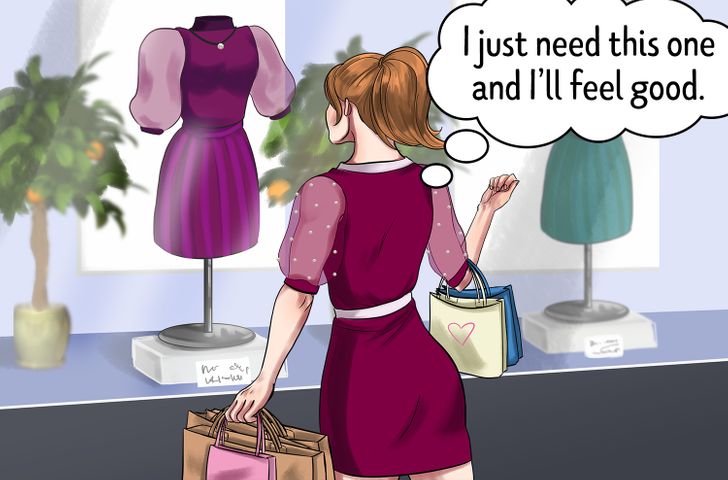
Impulse shopping is often shown as something quirky, or it’s played for laughs. Black Friday sales are just a big anecdote for everyone. You also like to casually show off your wealth. What harm is there in it?
Impulse shopping by itself isn’t a problem. It’s a symptom of a deeper issue. Impulsive shopping is often a cover-up for feelings of anxiety and unhappiness that aren’t being properly addressed. If you feel the need to indulge in consumerism when you feel down or off, it means you don’t have a healthy coping mechanism to manage these feelings. And no amount of new stuff will make up for this.
What traits that society encourages do you think are actually terrible?
Comments
Does anyone see ANY of these as okay...? I am very disturbed that some people are all right with being this way...
I honestly hate the "relationship-trend"... I'm more than happy with being single so I'm just going to be that way... End of the story!
the influences lifestyle is super fake thing, I can't believe that people trust this
Related Reads
I Publicly Humiliated My Stepmother After She Belittled My Late Mom
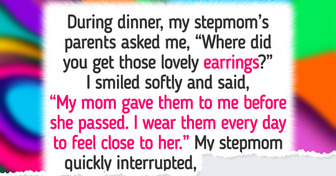
My Husband Refuses to Get a Nice Graduation Gift for My Daughter

18 Extraordinary Parents Who Can Teach Us a Thing or Two
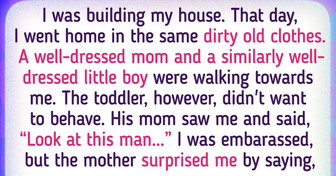
I Threw My MIL Out of My Wedding After Opening Her Humiliating Gift
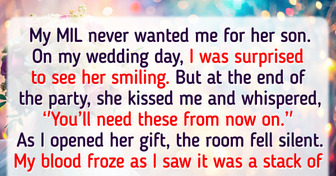
My MIL Demanded Our Key, So I Put a Hidden Camera to Catch Her
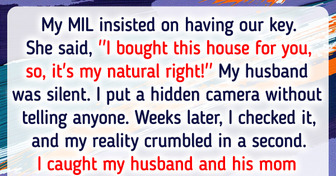
I Kicked Out My MIL From Our House—I’m Not Her Scapegoat
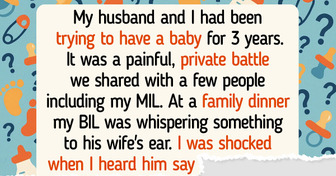
14 Puzzles That Can Challenge Your Intelligence
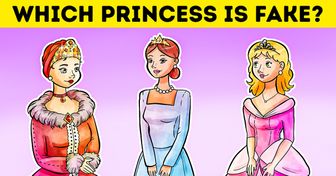
13 People Who Cut Off Toxic Friends to Protect Their Sanity
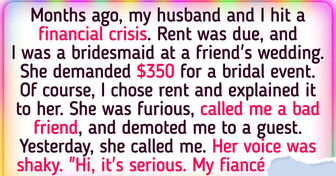
My In-Laws Want Me to Be a Stay-at-Home Wife, but I Refuse
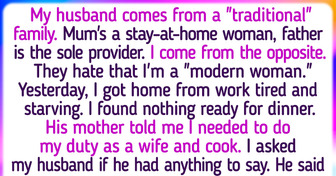
17 People Revealed What Became the Last Straw in Their Relationship
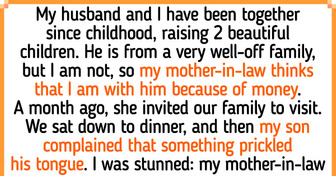
12 Single Dads Share Their Most Emotional Stories
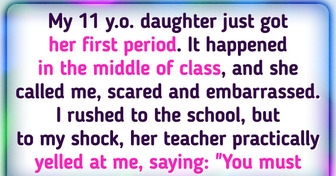
My DIL Disobeyed My House Rules — I Made Her Regret It
